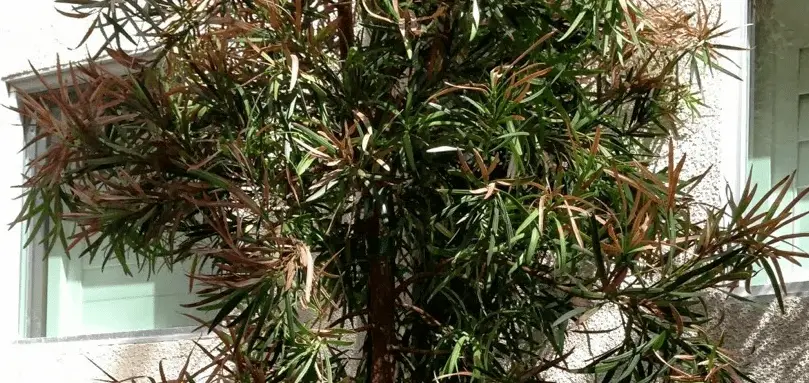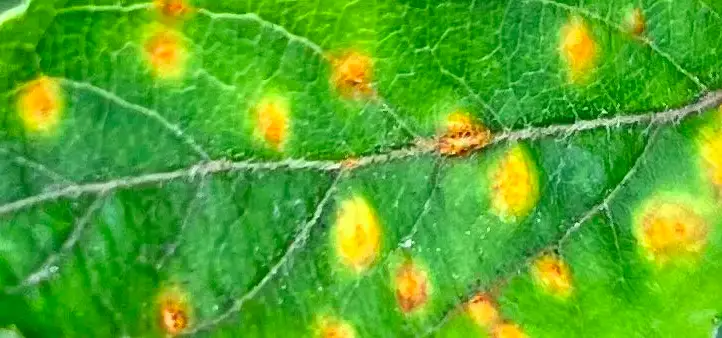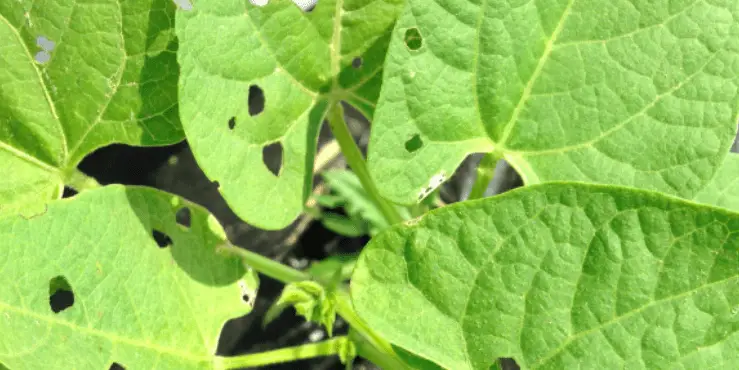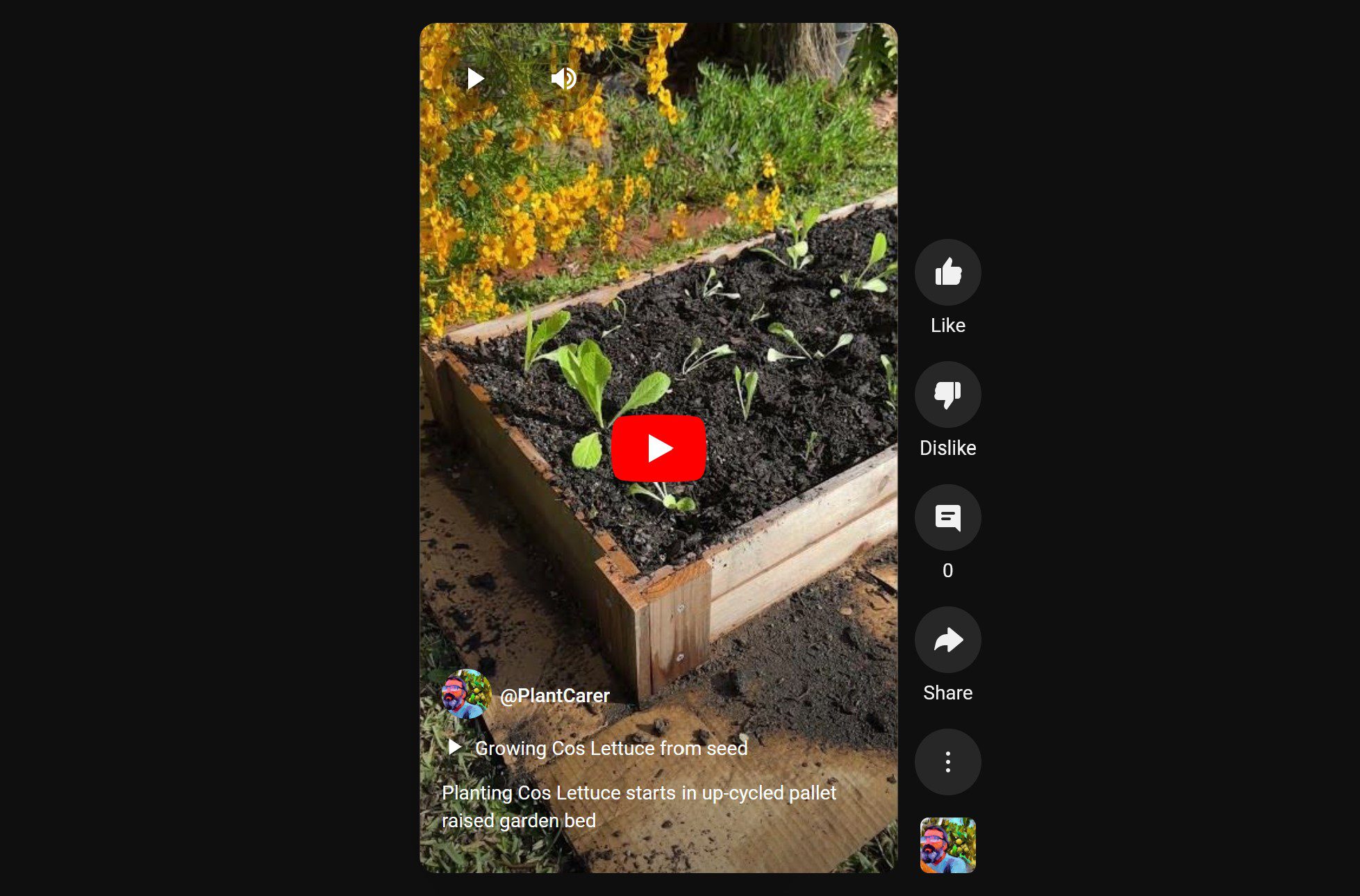If you’re like most people, you probably have a pair of kitchen scissors lying around somewhere. And if you’re like most people, you may also be wondering if those kitchen scissors can be used to prune your plants.
The answer is…maybe? It depends on the type of scissors and the type of plant. In this blog post, we will explore the topic of using kitchen scissors to prune plants in more detail!
Can I Use Kitchen Scissors to Prune My Plants?
Yes, you can use kitchen scissors to prune your plants. However, they must be sharp and the right size. If they are not, you run the risk of damaging your plants. I still recommend using proper pruning shears, but if you don’t have any, kitchen scissors will do in a pinch.
There are a few things to keep in mind when using kitchen scissors to prune your plants. Let’s go over them now.
1. Sharpness
The first thing to consider is whether or not your kitchen scissors are sharp. If they are not, you run the risk of damaging your plant. Kitchen scissors can be sharpened, but it’s best to use a pair that is already sharp.
Imagine trying to make a cut with a dull pair of scissors. It wouldn’t be very effective, would it? The same goes for pruning your plants. You want to make sure that your kitchen scissors are sharp so that you can make clean, precise cuts that don’t damage your plant.
2. Size
Another thing to consider is the size of your kitchen scissors. If they are too big or too small, they may not be effective for pruning your plants. The ideal size will depend on the type of plant you’re trying to prune.
For example, if you’re trying to prune a small plant, you’ll want to use small scissors. If you’re trying to prune a large plant, you’ll want to use larger scissors. It’s that simple!
3. Sterilized
To avoid spreading disease, it’s important to sterilize your scissors before using them to prune your plants. The best way to do this is to use rubbing alcohol. Simply wipe down the blades of your scissors with a cloth soaked in rubbing alcohol.
This will kill any bacteria or fungi that may be on the blades and prevent them from spreading to your plants. Once you’re finished sterilizing your scissors, you’re ready to start pruning!
4. Type of Plant
Finally, you need to consider the type of plant you’re trying to prune. Some plants are more delicate than others and require special care when being pruned. If you’re not sure how to prune a particular type of plant, it’s best to consult with a professional.
Kitchen Scissors vs Gardening Shears
There are a number of different types of kitchen scissors. The most common is the all-purpose scissors, which can be used for a variety of tasks including cutting paper, opening packages, and yes, even pruning plants. All-purpose scissors are usually made from stainless steel and have two blades that come together in the middle.
Kitchen scissors tend to be less strong than gardening shears, so if you’re going to use them to prune your plants, make sure they are sharp. You should also avoid using kitchen scissors on woody plants, as they can damage the blades.
Pruning shears, on the other hand, are specialized tools that are designed specifically for pruning plants. They usually have one straight blade and one serrated blade, which helps to grip the plant tissue as you cut. Pruning shears are also typically made from hardened steel, which makes them much sharper than all-purpose scissors.
So, if you have a pair of all-purpose scissors and you need to prune your plants, go ahead and give it a try. Just be careful not to damage your plants. And if you have the chance, invest in a pair of pruning shears! They will make your life much easier.
Conclusion
In conclusion, yes, you can use kitchen scissors to prune your plants. However, there are a few things you need to keep in mind. Make sure that your scissors are sharp and the right size for your plant.
Also, be sure to sterilize your scissors before use, and consult with a professional if you’re not sure how to prune a particular type of plant. Thanks for reading!
Do you have any questions or comments? We’d love to hear from you! Leave us a comment below or contact us today. And be sure to check out our website for more gardening tips and tricks! Happy gardening!
Tim is an avid gardener from the UK. He was the founder of PlantCarer.com from 2021 to Sep 2023. He sold PlantCarer.com to Aaron. He has since started his own business called Seed To Supper, which provides new gardeners all the materials you need in a box (pots, seeds, compost and instructions) to grow your own delicious and nutritious vegetables and herbs from start to finish – no garden required.









0 Comments